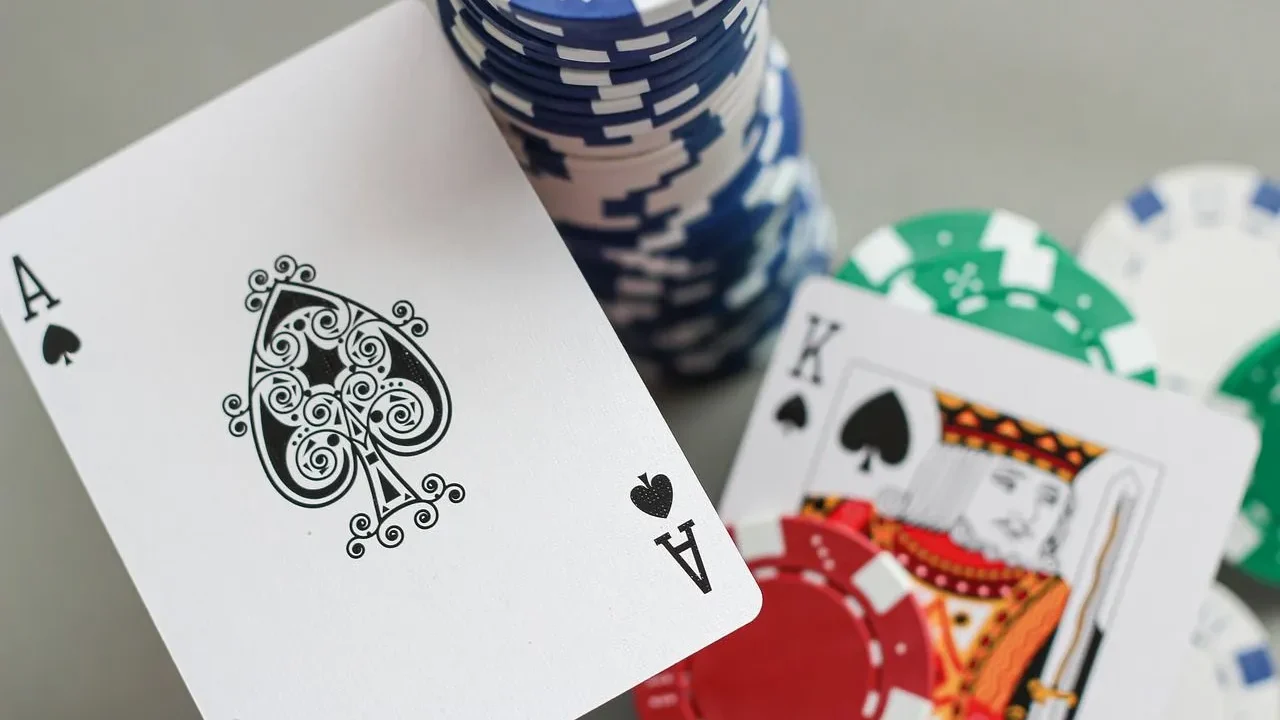
Introduction:
In the realm of poker, strategies abound, each with its own set of nuances and etiquettes. One such tactic that often sparks debate and what is slow roll in poker. It’s a move that carries significant weight, not only in terms of gameplay but also in terms of social dynamics at the poker table. In this comprehensive guide, we delve into the intricacies of what constitutes a slow roll in poker, the psychology behind it, and how it influences the dynamics of the game.
What is Slow Roll in Poker?
Slow rolling in poker refers to the act of taking an unusually long time to reveal a winning hand at showdown, despite already knowing that you have the best hand. This deliberate delay in revealing the hand is often perceived as a form of gamesmanship or psychological tactic aimed at generating suspense and potentially tilting opponents.
Tactics Employed in Slow Rolling:
Slow rolling can be executed in various ways, each with its own strategic implications. Some common tactics include:
- The Dramatic Pause: Deliberately pausing before revealing the hand, heightening the tension at the table.
- False Indications: Giving subtle hints or false signals that suggest uncertainty about the strength of the hand.
- Verbal Misdirection: Making ambiguous statements or comments to mislead opponents about the hand’s strength.
Etiquette Considerations:
While slow rolling may be a valid strategic move, it’s important to consider the etiquette and social implications:
- Respect for Opponents: Avoid unnecessarily prolonging the process if you already know you have the winning hand, out of respect for your opponents’ time and emotions.
- Maintaining Sportsmanship: Excessive or malicious slow rolling can be seen as poor sportsmanship and may damage your reputation at the table.
- Reading the Room: Understanding the dynamics and atmosphere at the table can help determine whether a slow roll is appropriate or advisable.
The Psychology Behind Slow Rolling:
Slow rolling is not merely a tactical maneuver; it also taps into the psychology of poker players. The anticipation, uncertainty, and eventual reveal can evoke a range of emotions, affecting players’ decision-making and mindset.
Creating Psychological Pressure:
By prolonging the reveal of a winning hand, slow rolling can induce psychological pressure on opponents, leading them to second-guess their own decisions and potentially make mistakes in future hands.
Establishing Dominance:
In certain contexts, slow rolling can be used as a display of dominance or superiority, asserting control over the table and intimidating opponents.
Impact on Gameplay:
The strategic implications of slow rolling extend beyond the psychological realm and can directly influence the outcome of the game.
Tilting Opponents:
A successful slow roll can tilt opponents, causing them to become emotionally frustrated or agitated, which may impair their judgment and decision-making abilities.
Building a Table Image:
Strategic use of slow rolling can help shape your table image and perception among opponents. It can establish you as a savvy and unpredictable player, potentially giving you an edge in future hands.
FAQs (Frequently Asked Questions):
Q. Is slow rolling considered bad etiquette?
Slow rolling is often frowned upon in poker circles, particularly if done excessively or with malicious intent. It’s essential to exercise discretion and consider the impact on your fellow players.
Q. Can slow rolling backfire?
While slow rolling can be an effective tactic in certain situations, it carries risks, including damaging relationships with other players and potentially inviting retaliation or animosity.
Q. Are there any situations where slow rolling is acceptable?
In casual or friendly games where the atmosphere is relaxed, slow rolling may be more acceptable as long as it’s done in good spirits and not excessively.
Q. How can I respond to a slow roll directed at me?
If you find yourself on the receiving end of a slow roll, it’s essential to maintain composure and avoid letting it affect your gameplay. Responding with grace and sportsmanship can help defuse tension at the table.
Q. Does slow rolling have any strategic benefits?
Slow rolling can have strategic benefits, such as inducing psychological pressure on opponents and shaping your table image. However, these benefits must be weighed against the potential social and ethical considerations.
Q. Is slow rolling ever prohibited in poker tournaments?
While slow rolling is not explicitly prohibited in most poker tournaments, organizers may implement rules or guidelines regarding sportsmanship and conduct at the table, which could encompass slow rolling.
Conclusion:
Slow rolling in poker is a multifaceted phenomenon that goes beyond mere gameplay tactics. It encompasses strategic maneuvering, psychological warfare, and social dynamics at the table. Understanding the intricacies of slow rolling can not only enhance your gameplay but also enrich your overall poker experience.
